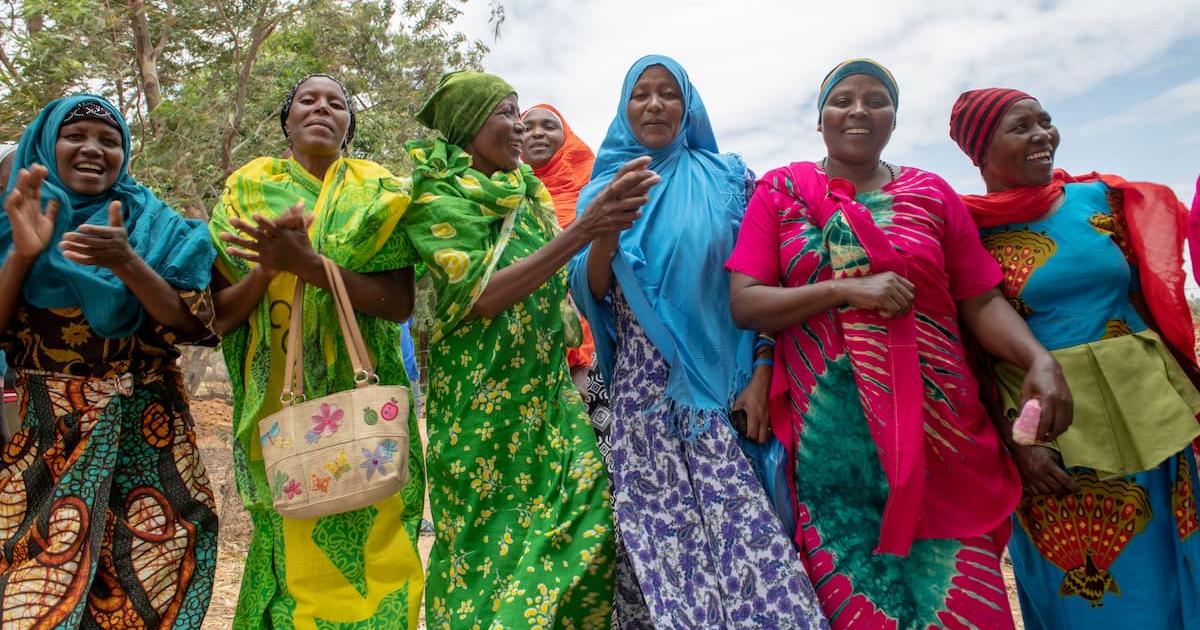At Your Service: New Rankings Reflect AU’s Long-Standing Peace Corps Ties
 American University is the second-highest producer of Peace Corps volunteers among medium-sized colleges, with 22 Eagles currently serving in 16 countries, from Armenia to Zambia, according to new rankings released today. This marks the 13th consecutive year that AU has landed among the top three.
American University is the second-highest producer of Peace Corps volunteers among medium-sized colleges, with 22 Eagles currently serving in 16 countries, from Armenia to Zambia, according to new rankings released today. This marks the 13th consecutive year that AU has landed among the top three.
AU also checked in at No. 3 in the top graduate schools’ category, with seven alumni posted in as many nations.
“American University is proud of our long-standing legacy with the Peace Corps, which is a reflection of our commitment to waging peace and serving others,” said AU president Jon Alger. “We look forward to continuing to partner with the Peace Corps to build long-lasting impact in communities across the globe.”
More than 950 Eagles have joined the Peace Corps over the last 64 years, propelling AU to No. 7 on the list of all-time volunteer-producing institutions among medium-sized colleges, released in April 2024.
Justin Keith, SIS/BA ’25, is among the next crop of volunteers. The Colorado native, who studied global inequality and development with a focus on Sub-Saharan Africa and Latin America, is in the middle of the medical clearance process and hopes to serve as an English educator in Zambia starting in August.
“As someone who’s witnessed firsthand the positive impact that charitable and nonprofit work have had on those in [their] time of need, I’d like to pass that received kindness forward,” he said. Given the international development agency’s “emphasis on building cross-cultural connections and facilitating a mutual exchange of knowledge between volunteers and their host communities, the Peace Corps will be a good way through which I can do that.”
AU has enjoyed a close connection with the Peace Corps since the agency’s inception in 1961. The School of International Service served as an early predeparture training site for volunteers bound for countries like Ghana and Tanzania, and President John F. Kennedy delivered “A Strategy of Peace,” one of the most consequential speeches of his brief tenure, at the university’s 1963 commencement—just two years after he founded the agency.
AU and the Peace Corps—which offers programs focused on agriculture, community economic development, education, environment, health, and youth—also share strong academic ties. Boone Bishop, SPA/MPA ’25, a Returned Peace Corps Volunteer (RPCV) who served in the Gambia, received financial support to pursue a graduate degree at AU through the Paul D. Coverdell Fellows Program.
“The Peace Corps was foundational to my personal development,” said Bishop, who works as a policy and program analyst at the agency’s Washington, DC, headquarters. “I learned intercultural sensitivity, resilience, problem solving, and leadership—all of which has made me a better person, professional, and global citizen.”
This summer, AU will host Peace Corps Connect 2025, July 18–21, on the Washington College of Law campus. The conference—the first in-person gathering of its kind since 2019—will convene RPCVs, thought leaders, and advocates to discuss a reimagining of national service and how to build bridges at home and abroad.
“The gathering represents not just a celebration of the Peace Corps’ early roots but also our ongoing dedication in preparing the next generation of global changemakers,” said Lee Ullman, senior director of strategic partnerships and career services in SIS, and a RPCV who served in Ecuador.
Along with Bishop, Joanne Fairley, SIS/MA ’96, Kosovo country director, is among a handful of AU alumni who work at the Peace Corps.
Fairley—who served until March as country director in Armenia—partners with host country officials to develop programs that meet the needs of their communities, manages support and training, and oversees policies to ensure the safety and security of volunteers. She said SIS’s international peace and conflict resolution program prepared her well with a career with the Peace Corps.
“I was not only looking for theory—I wanted to learn from people who could guide me in my chosen career,” she said. “AU shaped me in all the right ways for what has become a 30-year career in global development.”